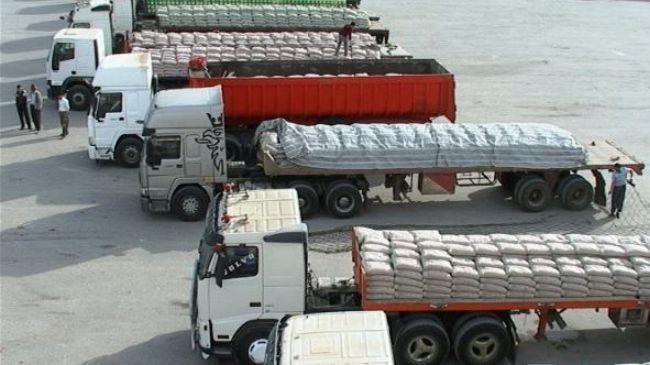Dunia Frontier Consultants tracks foreign commercial activity (FCA) in Iraq, defined as investments, service contracts or any other form of commercial activity undertaken by non-Iraqi companies inside Iraq. An analysis of this data is undertaken annually in Dunia Frontier’s end-of-year Foreign Commercial Activity in Iraq report.
This blog post provides a preliminary look at FCA over the first seven months of 2012. Total deal numbers are broken down by sector, country of origin, and geographic distribution of commercial activity. It should be noted that the data presented here has not been subjected to the rigorous vetting and valuation process undertaken in the annual Foreign Commercial Activity in Iraq reports. As such, analysis is focused on the number of deals, as opposed to monetary value.
To date, 176 deals have been recorded in 2012, for an average of just over 25 deals/month. Extrapolated over a 12 month period, this would total 302 deals, or a 2% increase from 2011. In terms of number of deals, this represents a marked leveling of the curve, as 2011 saw a 40% increase in number of deals from 2010.
As demonstrated by the above figures, MNCs operating in Iraq are heavily focused on oil and gas and electricity. This comes as no surprise. Both the central government, through the Ministry of Oil, and the Kurdistan Regional Government, through its Ministry of Natural Resources, continue to look to IOCs to develop their respective carbon resources.
Additionally, both the central government and the KRG continue to enlist foreign firms to enhance their electrical output, with numerous American, European and Asian companies constructing new power plants, as well as providing technological support to the central government’s and KRG’s Ministries of Electricity and local companies.
Encouragingly, in terms of number of deals, transportation comes in third. Many of these deals take the form of international airlines opening new routes and offices in Iraq; an indicator that the country is becoming increasingly less isolated.
In terms of sheer number of deals signed, American firms appear to have made significant strides in 2012. American construction companies, particularly Hill International, have been active in Iraq, winning contracts from government ministries to provide project management oversight on large construction projects being implemented by local companies.
American firms have also been particularly active in defense, with seven total deals being signed in the sector. Turkey and the UAE remain very active in relatively small deals in construction and housing, while Japan and South Korea remain strong in providing engineering and technological services to oil and gas, and electricity projects.
Predictably, Basra, Baghdad and the Kurdish region top the list in terms of deal density. In terms of number of deals, and deal value, these were the top three in 2010 and 2011, and will continue to be for the foreseeable future. The majority of FCA in Basra is in the oil and gas, and electricity sectors, although there has been an increasing trend in 2012 of MNCs entering into joint ventures for industry and manufacturing in the southern province.
The majority of deals in Baghdad have been in housing, and construction of commercial and governmental facilities. Meanwhile, FCA in the Kurdish region has been more diverse. Oil and gas, electricity and housing have been major sectors for FCA in 2012, but there has been marked activity in transportation, retail and hotel construction as well.
While a preliminary look at the data suggests the sheer number of FCA deals will not increase in 2012 at the same rate that they did in 2011, many of the deals that are being signed this year are suggestive of MNCs looking at a more long-term presence in the Iraqi market.
Dunia Frontier Consultants
23 August




































































